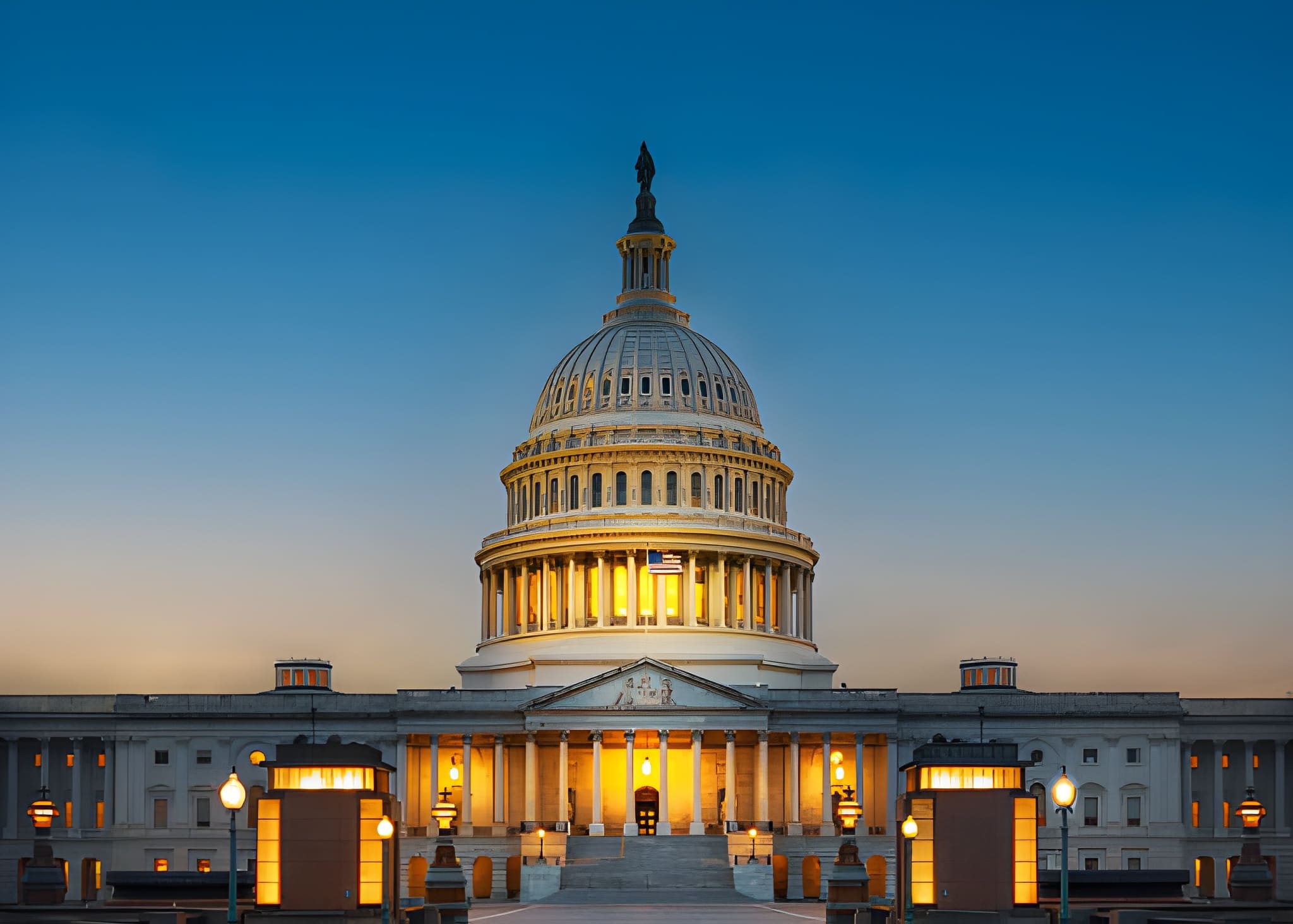California is just one of many states where health insurers owe refunds to thousands of consumers and businesses under requirements of the federal healthcare law. For California alone, the total refunds equal about $11.9 million.
The rebates announced Thursday by the Obama administration are going out by Aug. 1, and they cover about 490,000 Californians who had individual and employer policies last year.
Nationwide, the annual rebates total $332 million for 6.8 million consumers. The average rebate for a California family is $39, federal data show.
Not all of an insurer's policyholders will get money back, and the amounts will vary. For instance, Anthem Blue Cross said only 15% of its customers in California would receive a refund.
The rebates are required under the Affordable Care Act when insurers fail to spend a minimum of 80% of premiums on medical care for individual and small-business customers.
For larger employers, insurers must spend at least 85% of premiums on medical expenses. Employers that self-insure are not subject to these rules.
In California, more than 70% of the $11.9 million in refunds is owed to employers. In those cases, the companies are expected to share the money with employees based on the percentage workers contribute to their annual premiums.
Anthem Blue Cross, the state's largest for-profit health insurer, said it was mailing out $3.8 million in rebates to small-business customers. The average amount per person is less than $10, Anthem said.
UnitedHealth Group Inc. will refund $1.5 million to small businesses in California while HMO giant Kaiser Permanente owes $1.4 million to individual policyholders in the state, according to federal data.
The California Assn. of Health Plans said insurers are doing a better job of estimating medical costs and the amount of rebates has continued to fall each year.
Nationally, the rebate figure fell from $500 million a year ago to $332 million this summer.
“The trend serves as evidence of health plans' efforts to hold down costs and meet and exceed stringent federal and state requirements,” said Charles Bacchi, executive vice president of the industry trade group.
Among states, Florida had the highest amount of 2013 rebates with $41.7 million going back to consumers.
Lawmakers and consumer groups pushed for the rebates as part of the health law to discourage insurers from raising rates to pay more for executive salaries, shareholder dividends and other expenses unrelated to patient care.
They also hoped these rules would hold down future rate increases and force insurers to eliminate unnecessary costs.
The Obama administration estimates that consumers and employers saved $3.8 billion on their 2013 premiums because health insurers faced these spending requirements.
“Standards like these created under the healthcare law are providing Californians with immediate savings and are helping to keep costs down over the long term,” U.S. Health and Human Services Secretary Sylvia Burwell said in a statement.
——————
Copyright 2014 – Los Angeles Times
Thanks for reading CPA Practice Advisor!
Subscribe Already registered? Log In
Need more information? Read the FAQs
Tags: Benefits, Legislation




